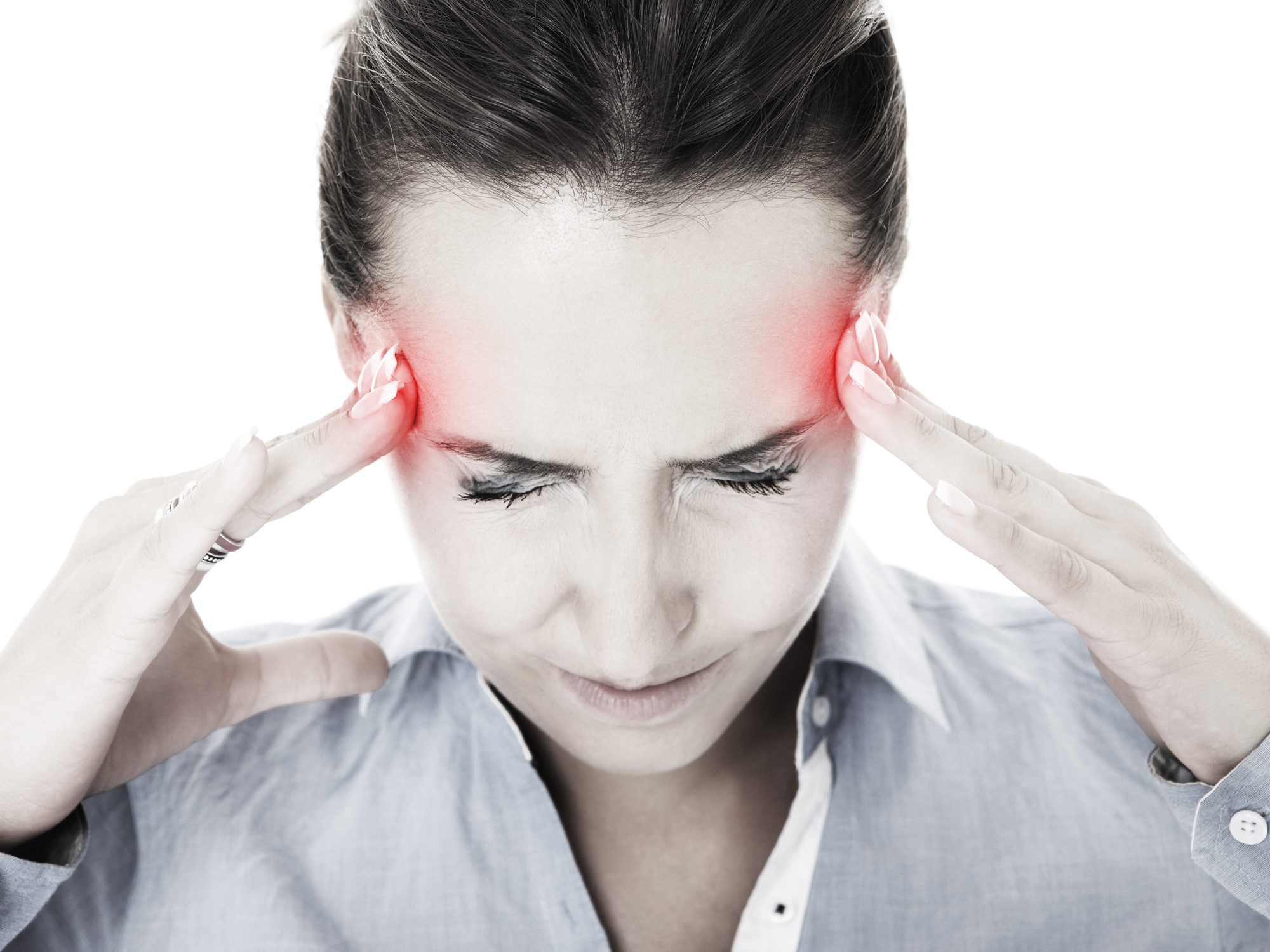Get Easy Health Digest™ in your inbox and don’t miss a thing when you subscribe today. Plus, get the free bonus report, Mother Nature’s Tips, Tricks and Remedies for Cholesterol, Blood Pressure & Blood Sugar as my way of saying welcome to the community!
Halt migraines with the happy hormone

The pounding in your head…
The sensitivity to light and noise that makes you want to bury your head under the covers for days… and the nauseating dizziness…
These are migraine symptoms that affect the quality of life for more than 37 million Americans who suffer from migraines.
Migraines are so common that every 10 seconds, someone in the U.S. goes to the emergency room because of head pain. Yet, conventional treatment with triptan drugs can cause side effects including tiredness, dizziness, increased blood pressure, fast or irregular heartbeat, shortness of breath, and can even imitate the signs of a heart attack or stroke.
The anti-convulsant drug topirimate, which many migraine patients are given, can cause mental problems such as confusion, slowed thinking, trouble concentrating or paying attention, nervousness, memory problems and speech and language problems.
And, some migraine sufferers are even put on beta-blockers that are usually reserved for the treatment of high blood pressure and are known for causing dizziness, lightheadedness, blurred vision, tiredness, nausea and vomiting, stomach pain and unusual dreams.
If this laundry list of side effects just isn’t your cup of tea, you’re not alone.
Many migraine sufferers are finding relief in an unlikely place, the seeds of a little-known African plant.
The mood-migraine connection
The neurotransmitter serotonin is responsible for your mood. In other words…
If you have too little serotonin, you feel depressed… but raise your serotonin levels and you feel better. This is why it’s known as “the happy hormone.”
And now, research has shown a direct connection between this happy hormone and your migraines.
When your serotonin goes down, it can trigger a migraine. And, to top it off, serotonin also controls how much pain you feel when you have a migraine.
The less serotonin you have, the worse your pain level, but if you raise your serotonin level, your migraine pain is decreased.
So, not only does low serotonin cause migraines, but those who have low levels of serotonin also have a decreased pain threshold, resulting in even worse migraine pain.
How to naturally raise your serotonin levels
This mood-migraine connection makes raising your serotonin levels vital to cutting down on both the number of migraines you suffer each month as well as the severity of your migraine pain.
And, fortunately there is a way to do it naturally, no prescription anti-depressants required.
The supplement that naturally boosts your mood and fights off those debilitating migraines is called 5-hydroxytryptophan or 5-HTP.
This naturally occurring compound is most commonly obtained from Griffonia simplicifolia, a plant native to Africa. Smaller amounts of the compound are also found in less exotic plants, like tomatoes, plums, walnuts, and eggplant.
5-HTP is an anti-oxidant and a precursor your body uses to make more serotonin and it can be put to work to reduce the frequency and severity of your headaches by increasing your serotonin levels and boosting your endorphins that block those pain signals.
In fact, in a clinical trial that pitted 5-HTP against a prescription migraine drug, 5-HTP was just as effective at preventing migraines as the drug with the long list of side effects.
Healthcare professionals generally recommend 50 mg of 5-HTP taken 1 to 3 times a day. However, it is not recommended to take 5-HTP with other medications, especially if you are taking a triptan drug or a prescription anti-depressant or an herbal anti-depressant such as St. John’s Wort, as it could cause your serotonin level to rise too high. Also check for drug interactions particularly with pain medications, like Tramadol and Demerol, and cough syrups, like Robitussin DM.
Sources:
-
http://migraineresearchfoundation.org/about-migraine/migraine-facts/
-
http://www.webmd.com/drugs/2/drug-257/sumatriptan-nasal/details#side-effects
-
http://www.webmd.com/drugs/2/drug-14494-6019/topamax-oral/topiramate—oral/details#side-effects
-
http://www.webmd.com/drugs/2/drug-2930/propranolol-hydrochlorothiazide-oral/details#side-effects
-
https://www.ncbi.nlm.nih.gov/pmc/articles/PMC4117050/
-
PDR for Nutritional Supplements. Medical Economics Company, Montvale NJ, 2001.
-
Eur Neurol 1986;25:327-329.












